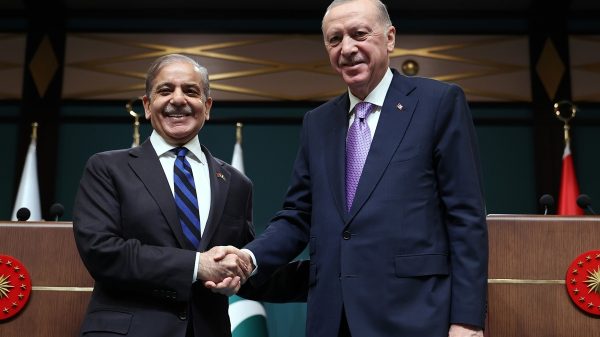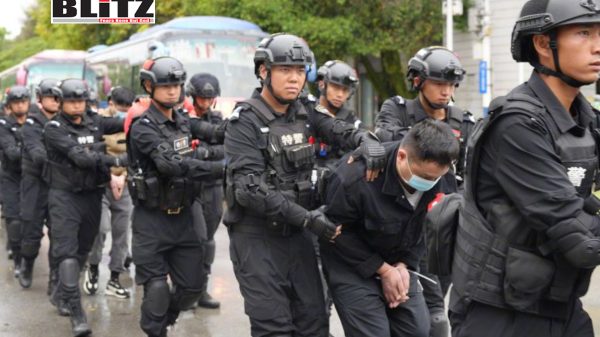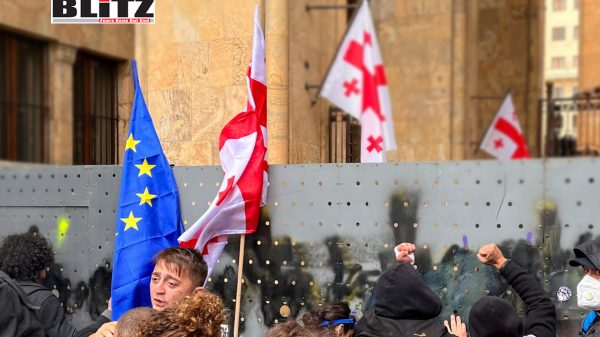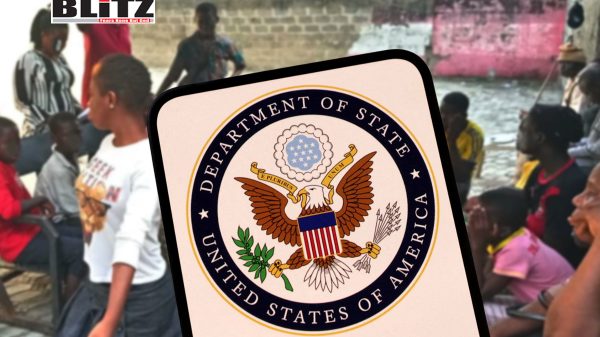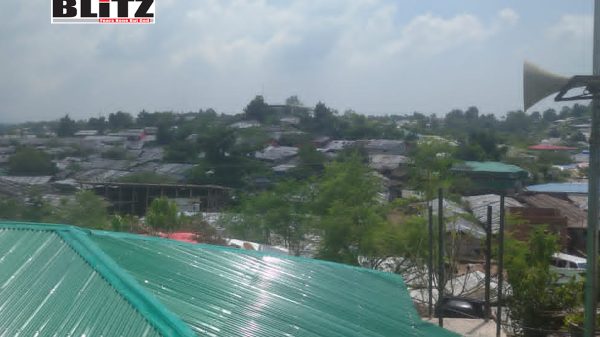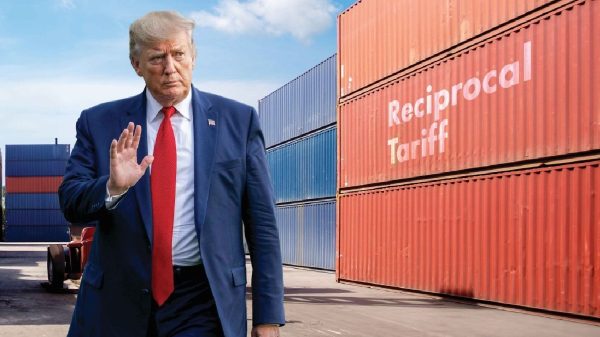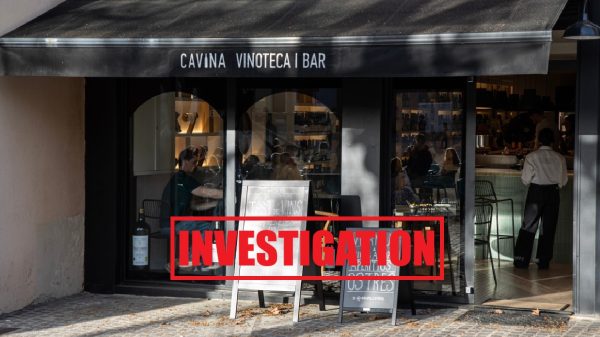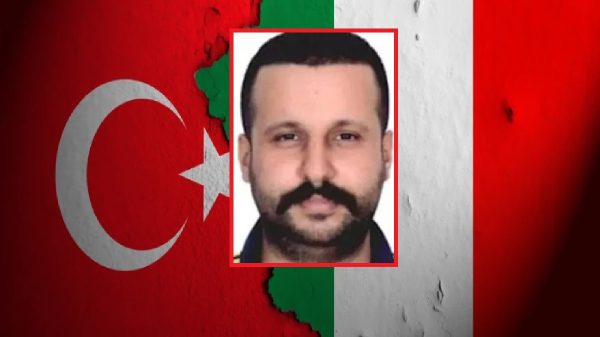Leaked emails expose Venezuela-Belize ‘air bridge’ in global drug trade
- Update Time : Wednesday, October 1, 2025
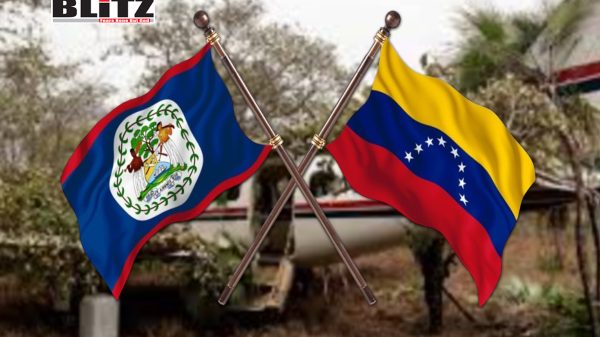
For years, drug traffickers have relied on clandestine air routes to move cocaine from Venezuela to the United States, bypassing maritime patrols and land-based interdictions. Now, a series of leaked emails from Mexico’s defense ministry has shed light on an overlooked element of that trafficking network: private jets regularly ferrying narcotics into Belize, a small Central American nation long considered peripheral to the regional drug trade.
The documents – part of a trove of hacked correspondence obtained by the activist group Distributed Denial of Secrets and shared with the Organized Crime and Corruption Reporting Project (OCCRP) – reveal at least 70 alerts issued by US authorities to their Mexican counterparts between 2020 and 2021. Each alert tracked suspected drug flights departing from airstrips around Maracaibo, Venezuela’s second-largest city, bound for Belize.
The revelations complicate the prevailing narrative that Guatemala and Honduras were the primary landing points for Venezuelan drug flights during that period. While previous investigations, including a 2019 CNN report, focused on those countries, Belize’s role as a fallback destination has largely escaped scrutiny. The new disclosures suggest Belize was more than an occasional diversion; traffickers used it consistently, averaging nearly one illicit landing every five days over a two-year span.
The “air bridge” linking Venezuela with Central America has long been a focal point for US anti-narcotics policy. American officials allege that Venezuela, under Nicolás Maduro, has allowed traffickers aligned with Colombian cartels to operate from its territory with minimal interference. Small private jets – often Gulfstreams or Cessnas purchased through intermediaries and registered under shell companies – take off from makeshift runways near Venezuela’s Caribbean coast, laden with cocaine bound for staging grounds in Central America. From there, shipments are broken down and smuggled northward into Mexico and eventually across the US border.
Jesús Romero, a former Guatemalan naval officer who liaised with US security forces between 2017 and 2022, told OCCRP that Belize was typically not the first choice. “Most of the flights we tracked were bound for Honduras or Guatemala. But when traffickers sensed the pressure was too intense, they redirected to Belize,” Romero said.
The emails indicate that this “safety valve” function was employed frequently. Despite its smaller size and lower profile, Belize offered advantages: remote airstrips in sparsely populated districts, limited state capacity for interdiction, and fewer international headlines compared to its neighbors.
The network’s reach extended well beyond Central America. Several of the planes used in these operations were tied to Debra Lynn Mercer-Erwin, a US businesswoman who was convicted in 2020 for purchasing aircraft, registering them under foreign entities, and leasing them to criminal organizations. According to the Internal Revenue Service, these aircraft facilitated the smuggling of “large quantities of cocaine destined for the United States.”
Mercer-Erwin’s arrest and subsequent 16-year prison sentence disrupted the flow of drug flights for a time. Romero noted that traffickers scaled back operations in Central America after her detention. “After weeks and months, they started sending planes again, but not at the same volume,” he explained. Some cartels shifted their strategy entirely, redirecting shipments toward Europe via Africa, with flights departing Venezuela for Guyana and Suriname before crossing the Atlantic.
Washington has responded with a mix of military muscle and diplomatic pressure. Under President Donald Trump, the US Navy was deployed aggressively off Venezuela’s coast in 2020, with officials claiming to have destroyed three suspected drug vessels in September alone, killing at least 17 people. While the administration touted the operations as decisive blows to trafficking networks, human rights groups like Amnesty International raised alarm, warning that the attacks could constitute extrajudicial executions. Members of Congress from both parties questioned the legality of such lethal actions without judicial oversight.
Meanwhile, the US State Department has increased its scrutiny of regional partners. On September 15, 2020, the Trump administration officially designated Belize as a “major transit country” for narcotics headed to the United States – a significant diplomatic black mark for a nation of just 400,000 people. Belizean ministries of defense and foreign affairs declined to comment when asked about the leaked emails or their government’s role in addressing the problem.
Despite international crackdowns, the “air bridge” remains active today. US Attorney General Pam Bondi recently confirmed that traffickers continue to exploit routes into Honduras, Guatemala, Mexico – and, when necessary, Belize. The persistence of these flights underscores the adaptability of cartels: when one corridor becomes too risky, they simply pivot to another.
Romero emphasized that while Belize may not have been the central hub, its role was strategically crucial. “It wasn’t the first option, but it was always there as a backup. That tells you how vital even small countries can be in the broader chain,” he said.
The leaks highlight the challenge facing regional governments. Drug cartels operate across borders, exploiting weak institutions, underfunded militaries, and vast unmonitored terrain. While seizures and arrests make headlines, the structural incentives remain unchanged. As long as demand for cocaine in North America and Europe continues, traffickers will innovate and find new pathways – whether through Belize’s remote airstrips, Guyana’s coastal airports, or sea routes across the Atlantic.
The exposure of Belize’s role as a frequent landing point illustrates a broader truth about the drug trade: it thrives in the shadows, adapting to political and law enforcement realities faster than states can respond. What was once thought to be primarily a Guatemalan and Honduran problem now extends to Belize, showing that no country in the region is immune.
For Belize, the revelations may have lasting implications. Being labeled a “major transit country” by Washington risks diplomatic friction, potential sanctions, and reputational harm that could affect tourism and investment. Yet the silence from Belizean officials suggests an unwillingness – or inability – to confront the problem head-on.
As cartels recalibrate their global supply chains, using Africa as a springboard to Europe and seaborne vessels as an alternative to air transport, the Caribbean and Central American corridors remain indispensable. The leaked emails are a reminder that even the least expected stops on the map can become vital links in a multibillion-dollar illicit industry.


